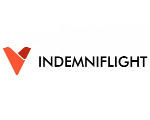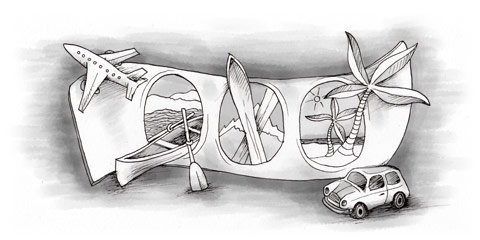Travelling times in Switzerland can be longer than expected. Especially in the south, where drivers often depend on tunnels or passes to cross the mountains. Sometimes these passes are closed and drivers can use car trains. Car trains are expensive, but they are safer for drivers who aren't used to passes and a good choice for those who want to save time.
In general, fuel prices are cheaper at gas stations out of the highways. Fuel is also cheaper in the tax-free enclave of Samnaun, in Graubünden.
Traffic regulations
Switzerland's traffic regulations are similar to those in the rest of Europe.
General rules are:
- Every driver must pay road tax (Swiss Motorway Vignette) to use the highway.
- To rent a car, you must be 20 to 25 years old, depending on the company. You must have had your licence for at least one year.
- You must have the dimmers lights on at all times.
- Children up to 7 years old must sit on a child's seat.
- The maximal blood alcohol level is of 0,5 g/l.
- Radar detection systems are not allowed.
- If you wear glasses, you must have an extra pair in your car.
- Hands-free calling is allowed.
- Every vehicle must have a country indication.
- Snow chains are not compelled, unless signs indicate it.
- Spiked tires are not permitted from late October to April, and not allowed on most highways during the whole year. The speed limit in spiked tires is 80 km/h.
- Speed limits are: 120 km/hr for motorways, 80 km/hr for country roads, 50 or 60 km/hr for cities, and 30 km/hr for residential areas.
Rules for motorcycles:
- You must be at least 18 years old to drive a motorbike.
- Drivers and passengers must wear helmets.
Highway code manuals
Highway code manuals are available at custom offices and car services. These code manuals are available in French, German, Italian, English and Spanish.
Traffic fines are expensive and foreigners may be expected to pay at least part of the fine on the spot, so drive carefully!


